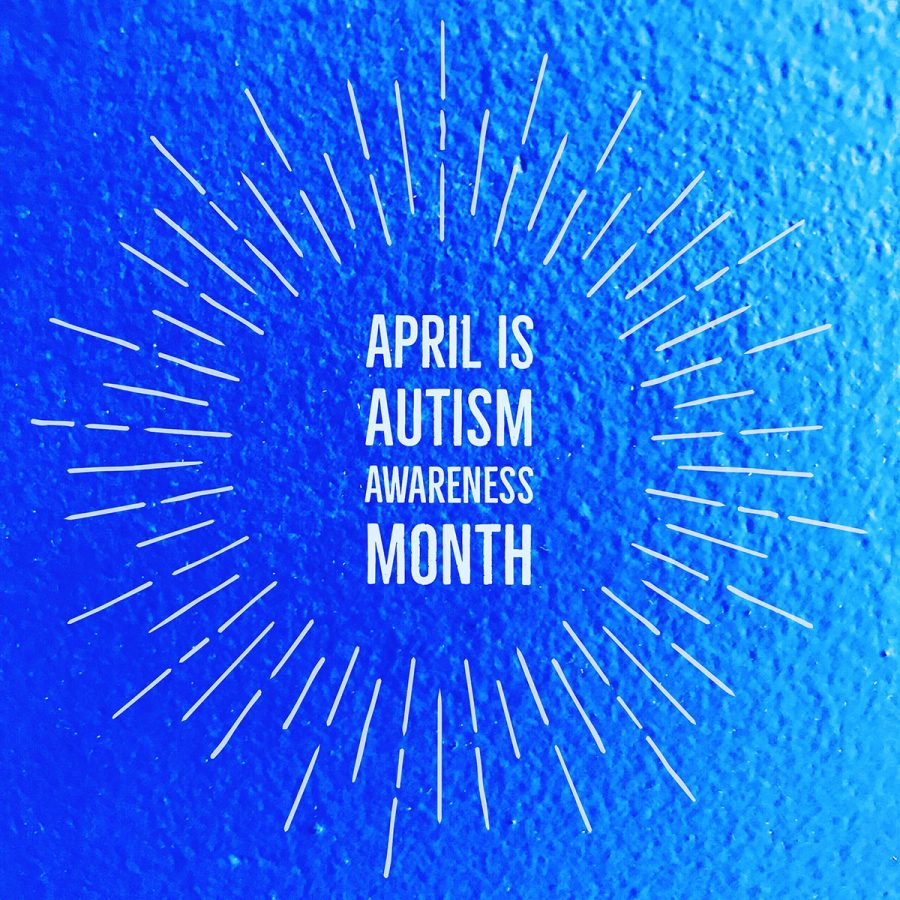April is Autism Awareness Month …
… but maybe it should be Autism Acceptance Month instead
More stories from Taylor Hagmann
Photo by Can Stock Photo
One of the big reasons that Autistic people and those who support them were so upset with Autism Speaks is because they used the word “cure” in their mission statement.
A few years ago, I realized I had a few behaviors that were atypical.
I had a hard time making eye contact. I went hours or days when I couldn’t use my words, or had extreme difficulty in doing so. I was having a difficult time processing sensations — noises were very overwhelming, textures either addictive or completely repulsive. I couldn’t hold still. I felt so completely out of my depth during social interactions, that I tried to avoid them altogether.
I became convinced I had Autism.
Because of the prohibitive cost of healthcare, I never got an official diagnosis. Usually, these issues are not detrimental, unless my anxiety or depression are acting up, and I don’t feel like an official diagnosis would improve my life.
After all, Autism is not a disease. It’s not a something that needs a cure, or to be eradicated.
Despite my own personal issues, I am not qualified to give my opinion on the subject of Autism and the companies that advocate for it. But Jess over at Diary of a Mom is.
Jess has a daughter who has Autism, and has learned how to overcome things like her daughter being largely non-verbal and having several other conditions, like epilepsy.
April is Autism Awareness Month, and the most well-known Autism “Advocate” is Autism Speaks. However, even though they’re the most popular, many people have taken up issues with their message.
Autism Speaks was founded in 2005 by Suzanne and Bob Wright, after their grandson was diagnosed with Autism.
One of the big reasons that Autistic people and those who support them were so upset with Autism Speaks is because they used the word “cure” in their mission statement.
They viewed Autism as a disease that needed to be eradicated, not simply as the neuro-diversity that it actually is.
There’s been a lot of backlash from the Autistic community toward Autism Speaks.
Jess has numerous articles about it on her blog, like this one about how on the 10th anniversary of Autism Speaks, they tried using the hashtag #AutismSpeaks10 to say “How Autism touched your life” and instead, those with Autism took it and used it to say how Autism Speaks has hurt them.
There is also this one, a letter to Suzanne Wright, co-founder of Autism Speaks, about the dangers of Autism Speaks’ messages to the public. There’s another letter to Suzanne Wright as well.
Jess asks in this post a series of “what if” questions. “What if YOU were autistic?” What if it were as much a part of you as “your ethnicity, your eye color, your height?” What if you could say, “‘I am proud of who I am. I need help but I do not want to be ‘cured’ of something that is central to ME?”
Autism Speaks wanted to “cure” that. They wanted to prevent people with autism “from existing in the future,” Jess said. “How would it feel?”
Autism Speaks has since removed the word “cure” from their mission statement. But according to their own website, that is because “Science … tells us there will be no single ‘cure,’” not necessarily because they stopped believing it.
Autism is an aspect of the immense diversity in neurology and is not inherently bad. Someone who doesn’t like making eye contact, or has difficulty sitting still and focusing, or someone who has difficulty with reading and engaging with social cues doesn’t need to be cured.
Those are not problems, they’re diversity. People should accept that, not just be aware of it.
Hagmann can be reached at [email protected].











